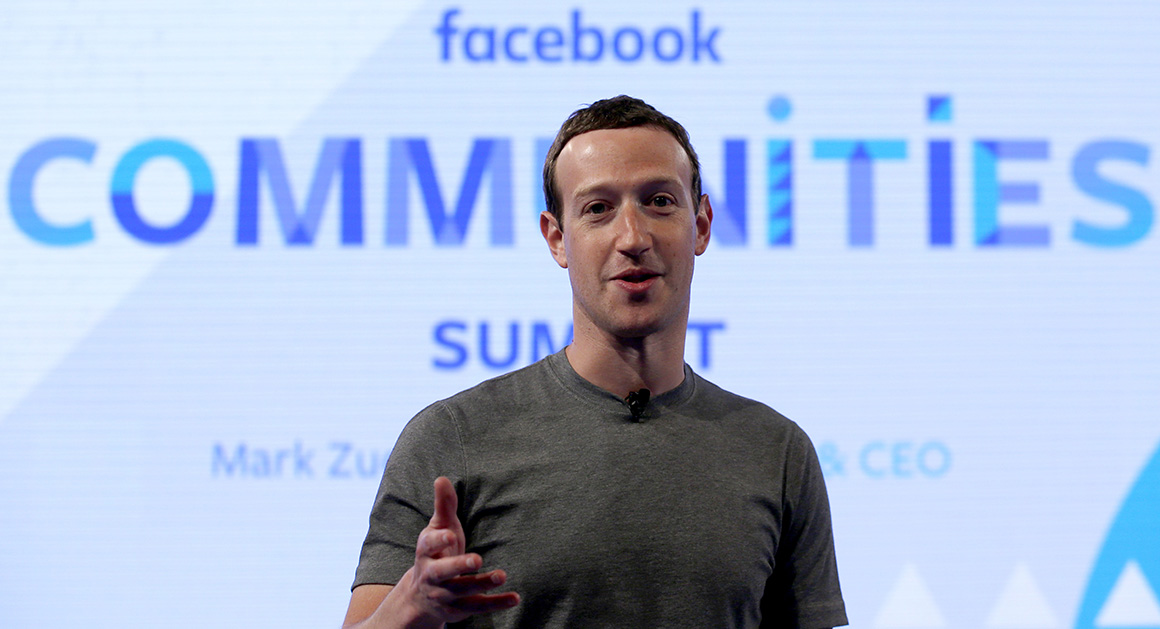In The Lead-up To International Women’s Day, Facebook Won’t Let Us Promote Our Posts About Women’s Rights And Human Rights
In the week before International Women’s Day, we posted 13 times on our Facebook page about issues relating to women’s rights and human rights. We requested to ‘boost’ (pay Facebook so that more people who like our page would see these posts in their Newsfeed) each of these posts. Eleven of them were rejected on the basis that they did not comply with Facebook’s newish advertising policies due to being ‘political’ and/or about ‘social issues’.
The only two exceptions were a post about the history of International Women’s Day and one about the definition of ‘Ms’.
Facebook’s explanation for these policies relates to the US election. This ‘temporary ban’ was supposed to be lifted on 4 March 2021, but it has not been. It should not affect posts by an Australian company for an Australian audience, but it does.
These were not automatic rejections. We requested a review two to three times for each of the rejections and received the same response every time. This is a deliberate move by Facebook, not a mistake.
Refusing to allow people to share information about women’s rights and human rights, especially on International Women’s Day, is socially irresponsible
Our posts were factual and unbiased. The 11 posts that Facebook refused to allow us to boost were on the following topics:
- the Times Higher Education forum on female leadership in tertiary education (being held today)
- the statistics on gender inequality in tertiary education
- the leadership example of Greta Thunberg, a young autistic climate activist
- the gender pay gap, citing statistics from Australia, the United States and South Korea
- the statistics on human trafficking and modern slavery (it is particularly troubling that Facebook would have a policy against sharing information on this most harrowing of human rights violations)
- a quotation by Taylor Swift, defining feminists as people who believe in equal rights
- the fact that Facebook rejected our request to boost our post on human trafficking (this was when we first became aware of the issue of Facebook refusing to allow us to do this)
- the statistics on gender inequality in education globally
- a quotation from Emma Watson defining feminism as the belief that men and women should have equal rights and opportunities
- Macquarie Dictionary’s definition of the term ‘feminism’ (which we noted in the post was specifically about language and did nothing more than quote directly from Australia’s official national dictionary, yet it was still rejected)
- the UN Women’s report ‘Women’s Rights in Review 25 Years after Beijing’
Help raise awareness about these issues by sharing this article
Let’s not be held hostage by Facebook and what that company believes in ‘appropriate’ and ‘inappropriate’ information for us to share and discuss.
On International Women’s Day, Capstone Editing isn’t celebrating. We choose to fight!
While we respect the choice of many to celebrate International Women’s Day, Capstone Editing believes that today is a day to focus on the future and the challenges we still need to overcome to achieve true gender equality and, indeed, equality of all kinds for the human race.




